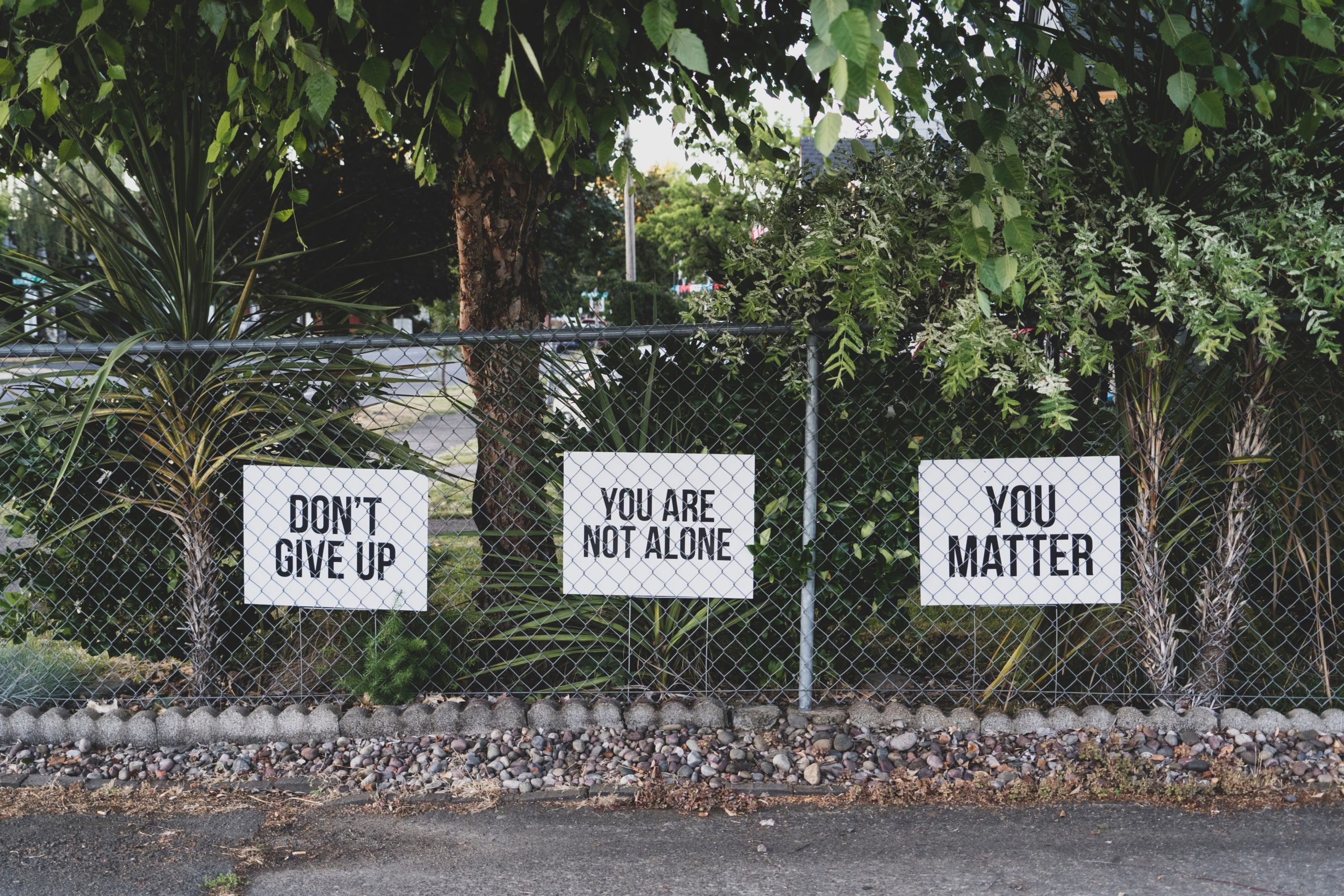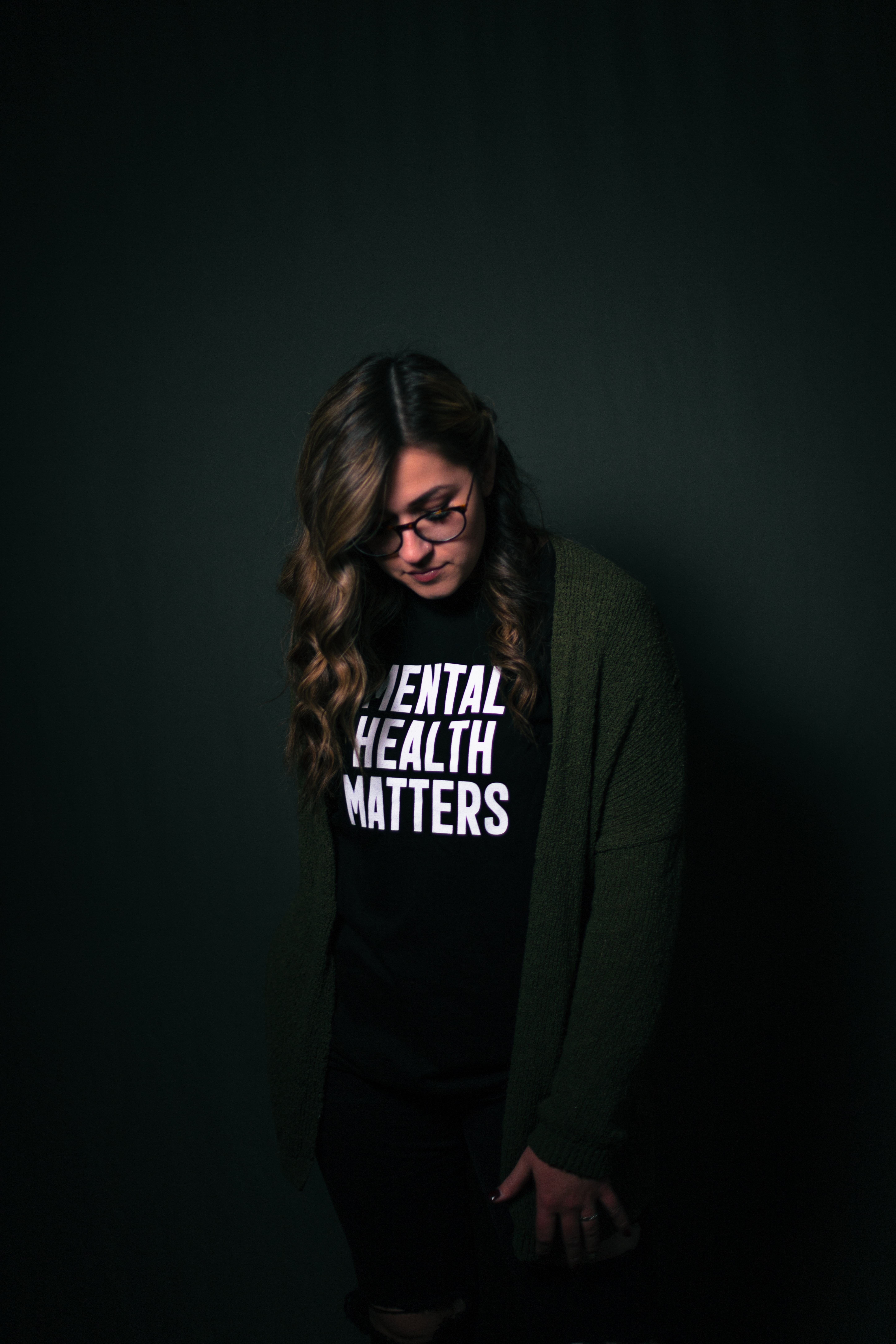メンタルヘルスの層 – その影響と重要性を理解する

メンタルヘルスとは一体何でしょうか?
私たちのメンタルヘルスには、感情的、社会的、心理的な健康が含まれます。それは私たちの思考、感情、行動に影響を与えます。また、私たちがストレスにどのように反応し、他者と交流し、意思決定を行うかにも影響を与えます。幼少期から青年期、成人期に至るまで、人生のあらゆる段階が精神的健康にとって不可欠です。精神的健康上の問題がある場合、生涯を通じて思考、気分、行動に影響を与える可能性があります。DNA や脳化学などの生物学的要素、トラウマや虐待などの人生経験、精神疾患の家族歴など、メンタルヘルスの問題に影響を与える要因は数多くあります。精神的健康上の問題はよくあることですが、援助は義務であり、利用可能です。精神疾患を患っている人は改善する可能性があり、多くは完全に回復します。人々にそのことを思い出させるために、
理念B4ステージ4
私たちはがん、心臓病、糖尿病の治療を何年も延期しません。ステージ 4 に進む前に予防から始めます。では、精神疾患に苦しむ人々にも同じ原則を適用してみてはいかがでしょうか。私たちは、メンタルヘルス障害が疾患プロセスの最も重要な段階に進行する前に対処すべきであると考えているため、メンタルヘルス B4Stage4 への取り組みに取り組んでいます。たとえすぐに介入しなくても、深刻な精神疾患が悪化して人々の生活に混乱が生じたとしても、私たちは効果的に行動することができます。私たちは人々に回復を助けるための選択肢とリソースを提供できます。その中には、臨床サービス、薬物、ピアサポート、カウンセリング、家族サポート、および思考や感情を管理するのに役立つその他の療法が含まれます。これらすべては、人々が家族やコミュニティとのつながりを保つのに役立ちます。早期介入により、教育、雇用、社会的支援、住居、そして脳力が維持されます。また、あまりにも一般的な投獄、入院、ホームレスというサイクルよりも安価です。
早期警戒のシンボル
あなたまたは愛する人が精神的健康上の問題を抱えているかどうかわかりませんか? 次の感情や行動の 1 つまたは複数は、問題の初期の兆候である可能性があります: 食べ過ぎや睡眠不足、人や日常的な作業から離れる、エネルギーが不足している、またはない、何も重要ではないかのように感じる、診断されていない経験痛みや痛み、無力感や絶望感など。
精神的健康と幸福
メンタルヘルスが良好な人は、自分の可能性を最大限に発揮し、生活のストレスに対処し、効率的に働き、コミュニティに真の変化をもたらすことができます。自分の精神的健康について前向きな見通しを保つには、必要に応じて専門家の助けを求めることが必要です。良好な精神的健康を維持する方法には、必要に応じて専門家の援助を受ける、他人とのつながりを作る、前向きな姿勢を保つ、運動をする、他人を助ける、十分な栄養を摂るなどがあります。睡眠と対処能力の開発。

誰もがメンタルヘルスの問題に影響を受けています
誤解: 私はメンタルヘルスの問題の影響を受けません。事実: メンタルヘルスの問題は非常に一般的です。多くの人が統合失調症、双極性障害、大うつ病などの重度の精神疾患に苦しんでいます。自殺は、精神疾患に苦しむ人々の主な死因です。通説: 子供には精神的健康上の問題がありません。非常に幼い子供でも、精神的健康上の問題の早期警告兆候を示す可能性があります。これらの精神的健康問題は臨床的に診断できることが多く、生物学的、心理的、社会的要因の組み合わせの結果である可能性があります。すべての精神的健康障害の半数は 14 歳未満で発症し、4 分の 3 は 24 歳未満で発症します。私たちが力を合わせれば、精神的健康に対する考え方を変えることができます。